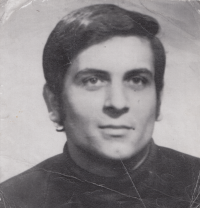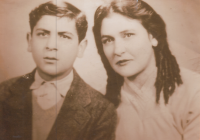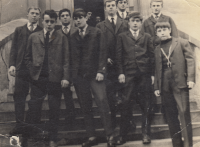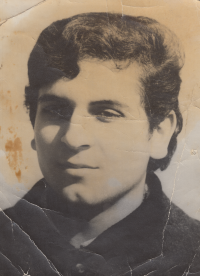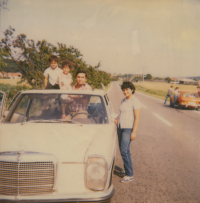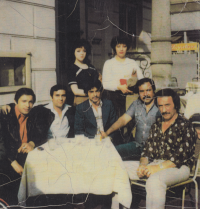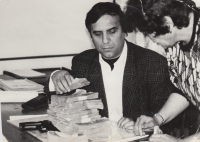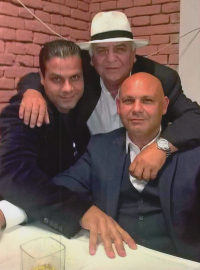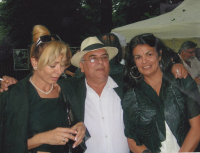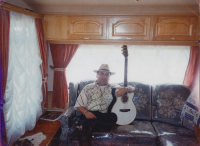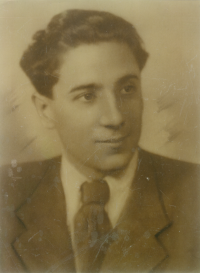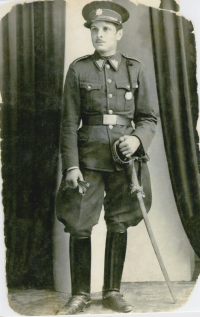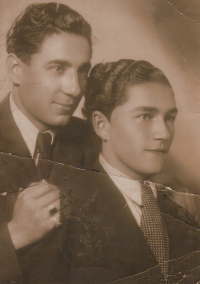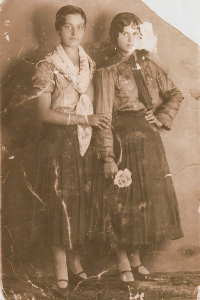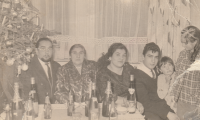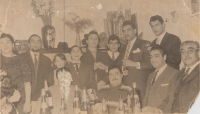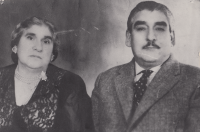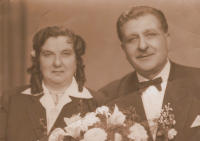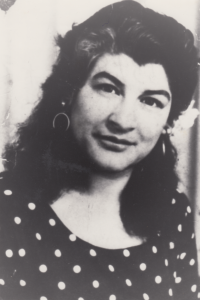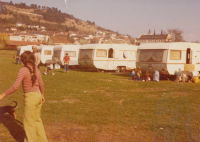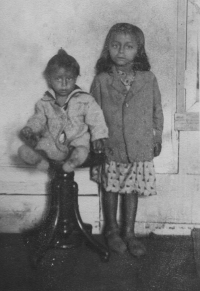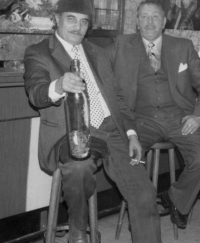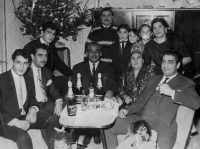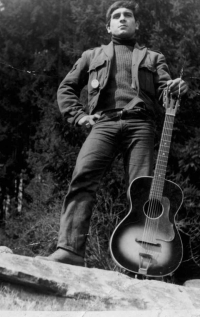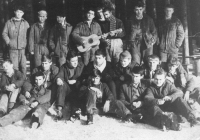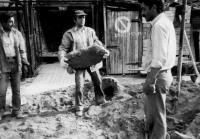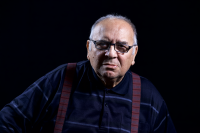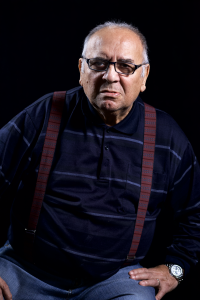Every Roma should make a pilgrimage to Auschwitz or to Kali Sara once in their life
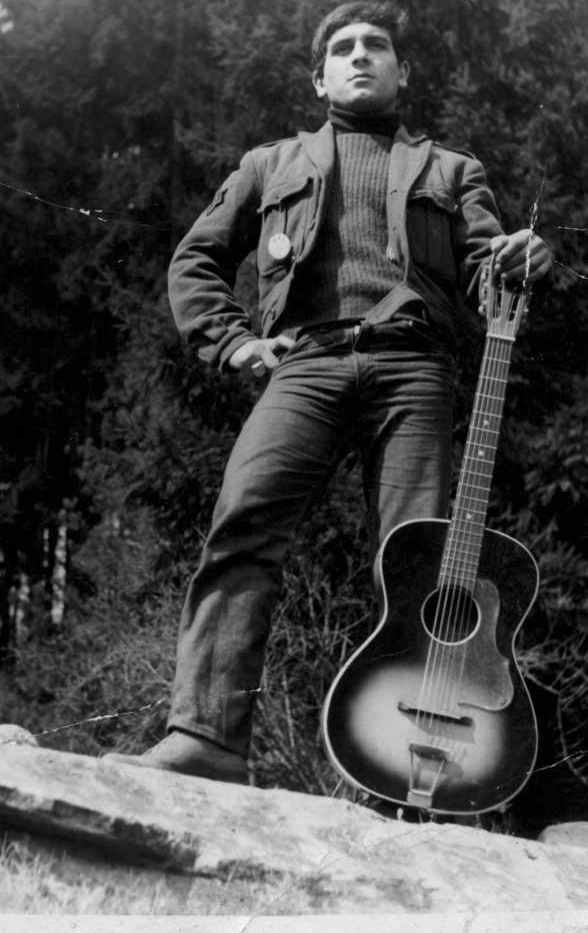
Download image
Antonín Lagryn (nicknamed Tony) was born on July 17, 1947, in Cheb to Josef Lagryn (*1903) and Ilona Maria Hauerová (*1923, after the war, her name was Anežka Laubingerová, later Steinbach) and grew up as their only son. He belongs to the Sinti (German nomadic Roma) on both his mother’s and father’s sides. His mother’s family lived in Germany and was not affected by the Holocaust during the Second World War. Two of his mother’s brothers enlisted in the Wehrmacht. The withess’ mother made a living by door-to-door sales, and for this activity, she was arrested in the Sudetenland during the protectorate and deported to concentration camp Ravensbrück. She survived the imprisonment and the death march, and after the war, in Znojmo, she met Josef, who was widowed during the war and 20 years older than her. His father went through the so-called gypsy camp in Lety u Písku (where his parents Willibald Lagrün and Anna Lagrünová perished), the concentration camp Auschwitz-Birkenau (where his wife Pavlína Šmídová and their four children died), and the concentration camps Buchenwald and Mauthausen. He survived the death march and was freed by the Americans. After the war, he lived with his wife in the borderlands, Karlovy Vary and Brno. Later, when she and little Tony left him, Aleš travelled with a Circus as a musician. The father was only reunited with his son at the time of the nomadic ban when Antonín lived with Antonín Weinrich’s stepfamily in Beroun. At the time, Antonín’s mother was serving a sentence for door-to-door selling. Since the reunion, Antonín lived with his father in Brno, and after years of nomadism, he joined a school for a longer period of time for the first time. However, he did not manage to catch up with his classmates. Ultimately, he completed five years of a special school and ended up in a correctional facility for juveniles in Brno and later in Nový Jičín due to educational problems. In 1968, he travelled to see his family in Germany (for a funeral). After 11 months, he returned to Czechoslovakia to his first wife and children but according to section 109 of the municipal criminal law (unauthorized leaving of the republic), he ended up in prison. During the 1980s, he made a living as a construction worker. After 1989, he worked for Milan Ščuka. Since 1990, he has been actively involved in commemorating the victims of the Roma Holocaust - in 1998, he became one of the founding members of the Committee for Compensation of the Roma Holocaust in the Czech Republic and cooperates with the Brno Museum of Roma Culture (MRK). He also became a member of the jury for the design of the Roma Holocaust Memorial and Sinti in Lety u Písku. Antonín Lagryn’s rich memories were captured by Jana Horváthová and are part of the MRK archive in Brno. In 2022, he lived in Brno on Cejl street.
